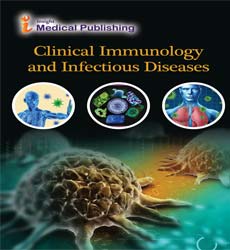Bacteria and Antimicrobial Resistance in Children at Damascus Hospital
Abstract
Background: Antimicrobial resistance is the third top-ranking global cause of death.
Aims: The aim is to evaluate antimicrobial resistance and sensitivity to aid the assessment of the efficacy in Syrian management protocols.
Methods: A retrospective study was conducted to analyze children with positive culture results presenting with nosocomial or community-acquired infections in Damascus Hospital, Damascus, Syria.
Results: 116 patients with 177 positive culture results were included in the study. The most common gram-positive bacteria were Staphylococcus, which was also the most common bacteria in the sample, while the most common gram-negative bacteria was E.coli. The most common infection focus in the sample was Urinary tract 38%, bloodstream 26%, respiratory tract 23%, cutaneous 7% and meninges 5%. The most antibiotic-resistant bacterium was Pseudomonas aeruginosa. The highest bacterial antibiotic resistance occurred with 3rd generation Cephalosporines. The number of deaths was 37(16%), nosocomial infection 19(51%) and community infections 18(49%).
Conclusion: There is an extremely high bacterial resistance to the antibiotics of choice and there is no doubt that this is one of the main reasons for the high rate of deaths in the study; therefore, the efficacy of the remaining antibiotics to which the bacteria are sensitive must be maintained through rationalization of its use. Strict precautionary measures must be implemented to ban the illegal dispensation of antibiotics.
Open Access Journals
- Aquaculture & Veterinary Science
- Chemistry & Chemical Sciences
- Clinical Sciences
- Engineering
- General Science
- Genetics & Molecular Biology
- Health Care & Nursing
- Immunology & Microbiology
- Materials Science
- Mathematics & Physics
- Medical Sciences
- Neurology & Psychiatry
- Oncology & Cancer Science
- Pharmaceutical Sciences
